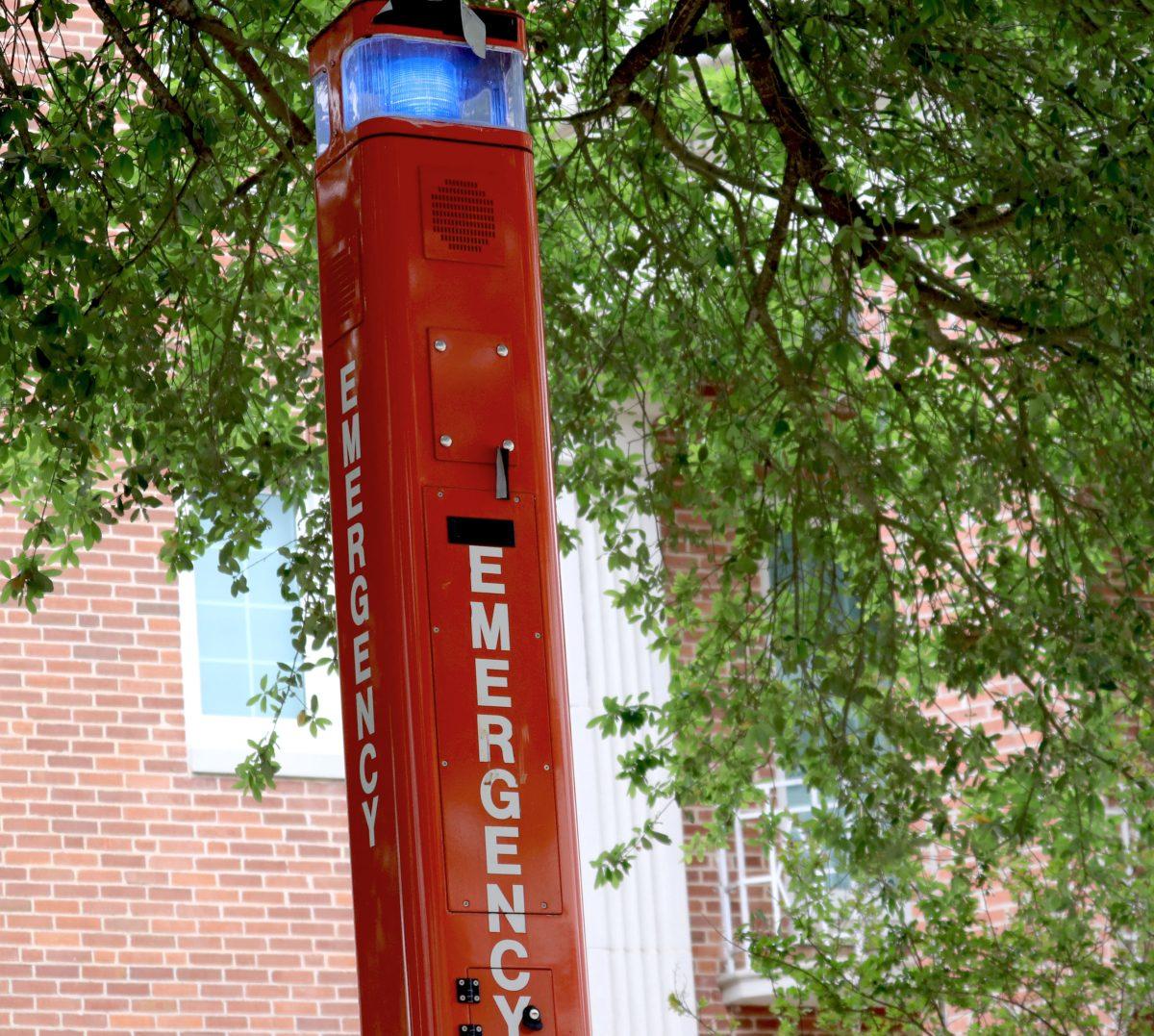- Fresh is always better than frozen.
Frozen vegetable and other produce can be just as nutritious as fresh items. Many of these foods are frozen shortly after being picked so it retains more nutrients. Fresh fruits traveling long distances lose their nutrients before they even are put on the shelf! Frozen vegetables are often cheaper but if you prefer fresh produce, try to buy locally grown items to cut down on their travel time.
- High-Fructose Corn Syrup (HFCS) is worse than regular sugar.
Although HFCS comes from corn, it has about the same amount of sugar as regular sugar from sugar canes. Limiting the amount of sugar you consume all together is the healthiest option.
- Carbohydrates make you fat.
We have all heard about how potatoes can add inches to your waistline. In reality, carbohydrates are crucial for us to live. We use carbs as fuel for our muscles and our brain utilizes it for energy. Excessive amounts of carbohydrates can cause you to store more energy as fat to burn later.
- Radiation from microwaves creates dangerous compounds in your food.
Taking you back to physics class, there are many different types of energy waves that cause radiation, some being very harmful. Radios, TVs, and even lights give off different types of waves which are a lot less dangerous waves like X-rays and gamma waves. You should probably worry more about if you used a microwave safe dish than radiation.
- Microwaving destroys nutrients.
Heat and the amount of time you cook food can affect nutrient losses, but microwaves are not exactly a culprit of this. Grills and ovens can cause your food to lose heat and water sensitive nutrients like vitamin C and a few other less commonly known vitamins because they cook food for longer and at higher temperatures. Because microwaves cook foods quickly, it limits nutrient losses.
- Dark bread is always better than white.
Dark breads are only healthier if it is made from unrefined wheat which would mean has whole grains or it’s 100% whole wheat. It will then have more than double the fiber and is also higher in potassium and magnesium which is crucial for chemical balances in the body.
- If the label says “natural,” it means it’s better for you.
There is no recognized definition of “natural” according to the USDA. It is important to do your research on the labels used on foods. Some packages of chicken say “No Hormones Added” which you would think is best but in actuality the Food & Drug Administration prohibit the use of hormones. A word that is regulated is “organic.” The USDA defines that as food made without most man-made pesticides, synthetic fertilizers, growth hormones, and antibiotics.
- Wooden cutting boards are germ infested when cutting meat.
Wooden cutting board are sometimes believed to have growing bacteria in the cracks and scrapes in the board that are impossible to clean. Some people turn to plastic cutting boards but in all honesty, proper cleaning practices will keep your wooden board clean and bacteria free.
- Milk is best for healthy bones.
There are plenty of ways to get strong and healthy bones. Vitamin D is found in dark-leafy greens, fatty fish, some orange juices and mushrooms. You can even get it from sunlight! Bones actually need more than just vitamin D; Vitamin K and magnesium is vital in the growth of your bones. These two items are not even found in milk! Ultimately, you need a balanced diet to make your bones strong, not just milk.
- You need 8 glasses of water every day.
Hydration is very important for your body but 8 glasses of water a day is not the perfect amount for everyone. There are many different foods that provide you with water. Fruits, meats, and even vegetables have water stored in them and when you eat, this water adds to your water intake for the day. Remember that the best source of water for your body is to directly drink water, but not the only way!





